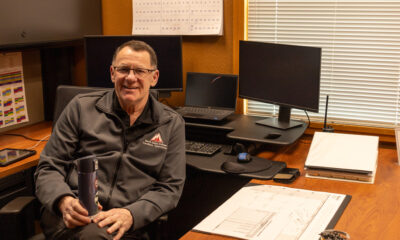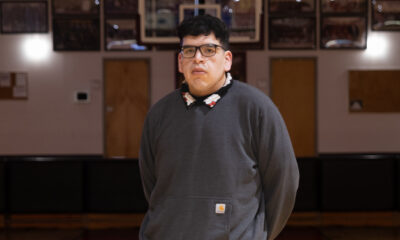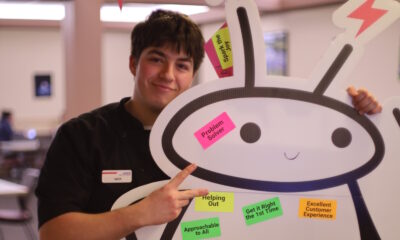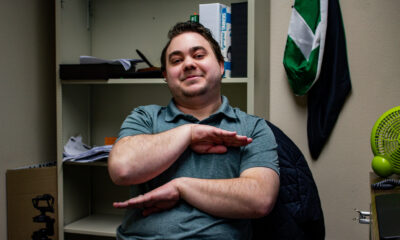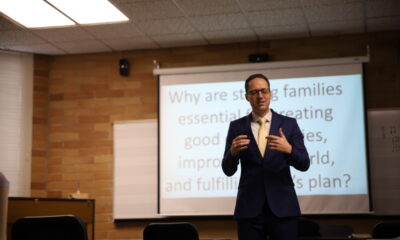Most students have probably seen the pictured white van camped on campus before, but few have likely inquired into why.
The van is a “Mobile Counseling Unit,” and veterans can be provided counseling services there. Sometimes, for this reason, it is also called an MVC: “Mobile Veterans Center.”
While there is a community-based outreach VA clinic in CDA that offers that offers PTSD treatment only, veterans need to be registered with the VA and have a mental health diagnosis in order to access it.
However, there are no such requirements through the MVC—if a veteran has seen battle or military sexual trauma, that service is available for them. The van/MVC is centered on providing counseling from veterans—always having veterans helping veterans.
The MVC is part of an agency that falls under the VA umbrella but it’s not under medical centers—they’re under readjustment counseling services (RCS).
RCS oversees all vet centers, of which there are more than 300 in the U.S.
They were a grassroots agency that started as Vietnam veterans just helping each other out that the VA caught wind of to turn into a government agency—which made it all become professionalized to veterans who were getting psychology and social work degrees, helping veterans.
It also went from serving Vietnam veterans to all veterans, which has helped to access rural veterans and veterans in their community, instead of making someone have to drive from Sandpoint to Spokane.
A physical inquiry into the MVC is an experience: mechanical steps slowly eject from the high entryway to allow easy access, and one may be immediately surprised upon entrance to see well-furnished, bright golden oak cabinets that are welcoming, before the MVC counselor flips on a generator for some electricity and a light vibration rocks the cabin on wheels.
The inside is armed with full communication technology: satellite access to phones, Internet, and video conferencing.
The MVC Readjustment Counselor is named Dante Rumore, a LICSW from the Spokane Vet Center who got out of the Marine Corps in 2004.
From there, Rumore graduated from NIC and got a bachelors degree from University of Idaho, as well as achieving his masters in social work.
“I now had resources and a direction on doing something that’s very near and dear to my heart, which is serving combat veterans, but also serving veterans in rural communities and my whole life I’ve lived—except at various points during service—in rural communities and knowing that a communities’ veteran population goes unserved—you know, more than
60% of our veterans live in rural or smaller or rural communities, while most of the resources lie in cities or metropolitan areas.”
“I think that strengthens that network, that safety net for some of them, to let them know that, ‘Wow, not only can I be seen for pressing clinical needs, but there’s also someone that understands what it’s like to be a veteran returning to school,’ and some of those challenges,” Curley Lawson, Multicultural and Veterans Adviser, said. “And for that population there are some challenges that aren’t always understood or even anticipated by the veteran coming back to school. It’s hard to get a degree if you are perpetually on the edge in a classroom or if students are having issues with having a service animal.”


